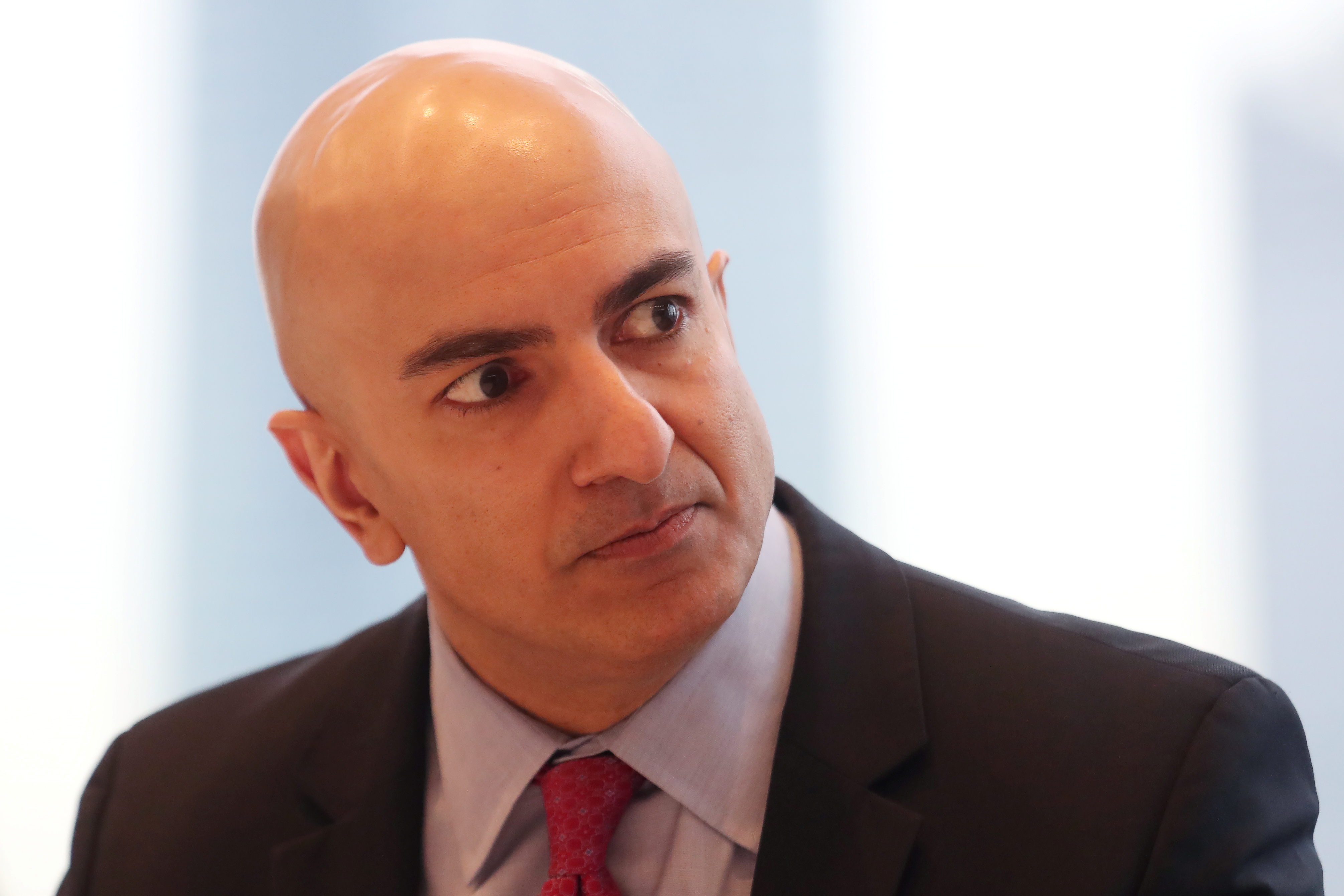According to the CNBC, The US economy has been experiencing a period of turbulence in the banking sector, and experts are concerned that it could lead to a recession. In a recent interview with CBS’ “Face The Nation,” Minneapolis Fed President Neel Kashkari discussed the current state of the banking sector and its impact on the economy. Let's take a closer look at what he said.
Uncertainty around banking stresses leading to credit crunch
Kashkari noted that the recent banking turmoil could lead to a widespread credit crunch, which could in turn slow down the economy. He acknowledged that it's unclear how much of the banking stresses are leading to a credit crunch, but he emphasized that Fed officials are monitoring the situation closely.
Despite these concerns, Kashkari reassured the public that the banking system is resilient and sound. He noted that the banking system has a strong capital position and a lot of liquidity, and that it has the full support of the Federal Reserve and other regulators standing behind it.
Banking sector seeing signs of restored faith
Kashkari also touched on the movement of deposits from smaller banks to larger institutions like JPMorgan Chase and Wells Fargo. While this trend had been picking up steam in recent months, Kashkari noted that it has slowed to a trickle in recent days, which he sees as a positive sign of restored faith in the banking system.
Too early to predict impact on next FOMC meeting
While it's still too early to predict the impact of recent banking stresses on the next Federal Open Market Committee (FOMC) meeting, Kashkari emphasized that it's the factor that will be most closely watched. The Fed raised rates by 25 basis points last week, but Kashkari said it's too soon to make any forecasts about the next FOMC meeting.
Banking problems could make it easier to control inflation
Kashkari noted that banking problems could make it easier for the central bank to achieve its goal of controlling inflation. He explained that such strains could bring down inflation, so the Fed would have to do less work with the federal funds rate to bring the economy into balance.
However, Kashkari also cautioned that it's unclear how much of an imprint these banking stresses will have on the economy, so it's something to watch very carefully.
Asia-Pacific region may be a 'Safe Heaven'
While the banking sector in the US and Europe is experiencing significant turbulence, the Asia-Pacific region seems to be relatively stable. Mark Mobius, founding partner of Mobius Capital Partners, noted that banks in Singapore, Thailand, and other countries in the region are in pretty good shape. He believes that the region is something of a "safe haven" in the current economic climate.
International Monetary Fund chief Kristalina Georgieva has also warned that risks to financial stability have increased, highlighting the need for continued vigilance and careful monitoring of the banking sector.
It's important to remain vigilant and stay informed about the situation as it continues to unfold. By keeping a close eye on the banking sector, we can be better prepared for any potential impact on the wider economy.


No comments:
Post a Comment